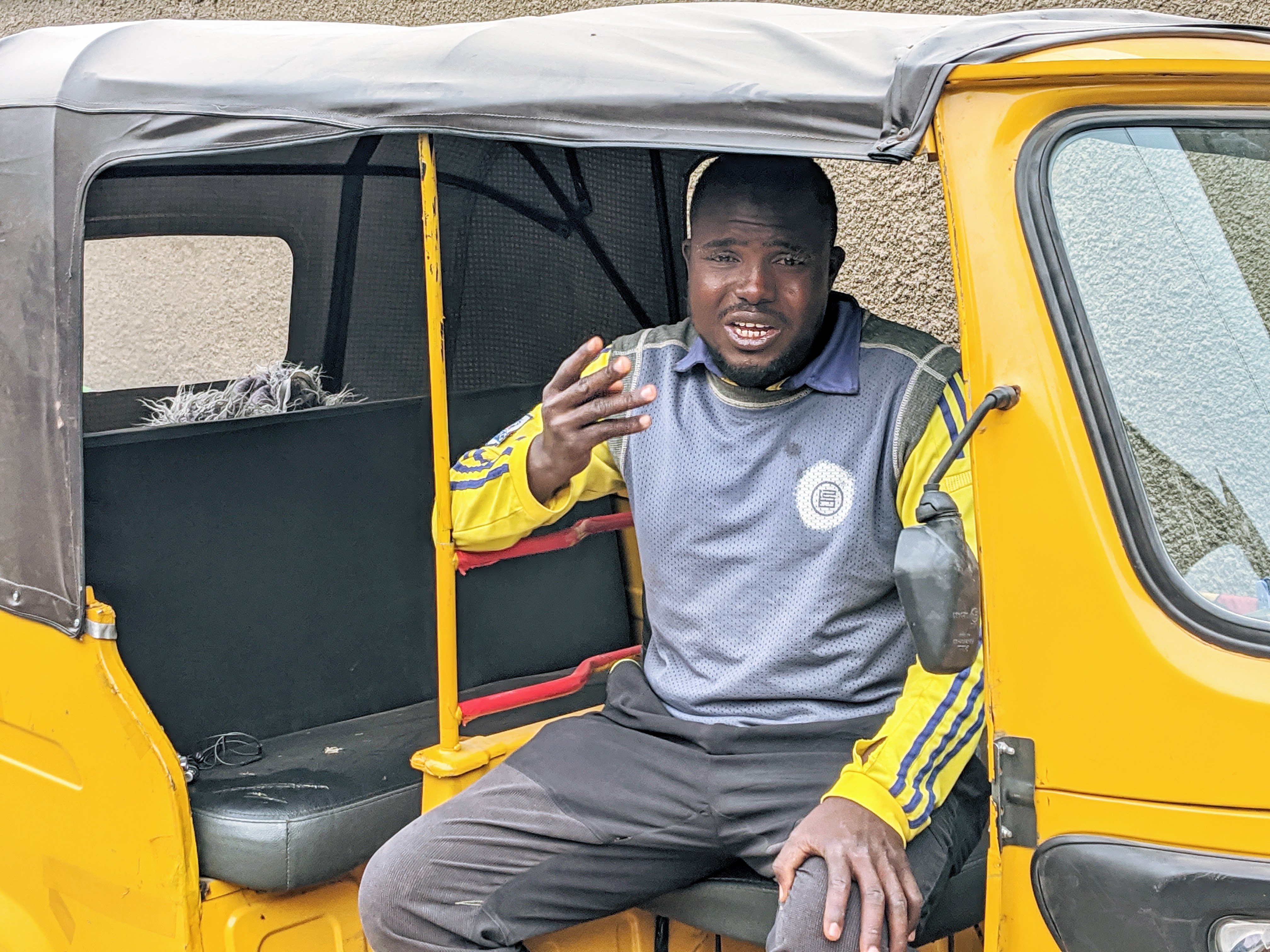What can N200 do for an entire family? How much of their needs can it solve? How sustainable can it be? Can it ever be enough when it comes with the price of depriving a child of basic education?
Well, in Sokoto state, factors as insignificant as that amount of money is keeping children such as 11-year-old Maccido away from the classroom.
For most part of the week, Maccido is under the hot sun in the streets of Sokoto struggling to see that he returns home with any money he can get from hawking sachet water for his upkeep and — more importantly — that of his fmaily.
He told TheCable he hits the ground running as early as 7am sometimes, joining two of his friends, both selling sachet water, to roam the city of the Caliphate, mainly along the Sokoto-Gusau road.
Advertisement
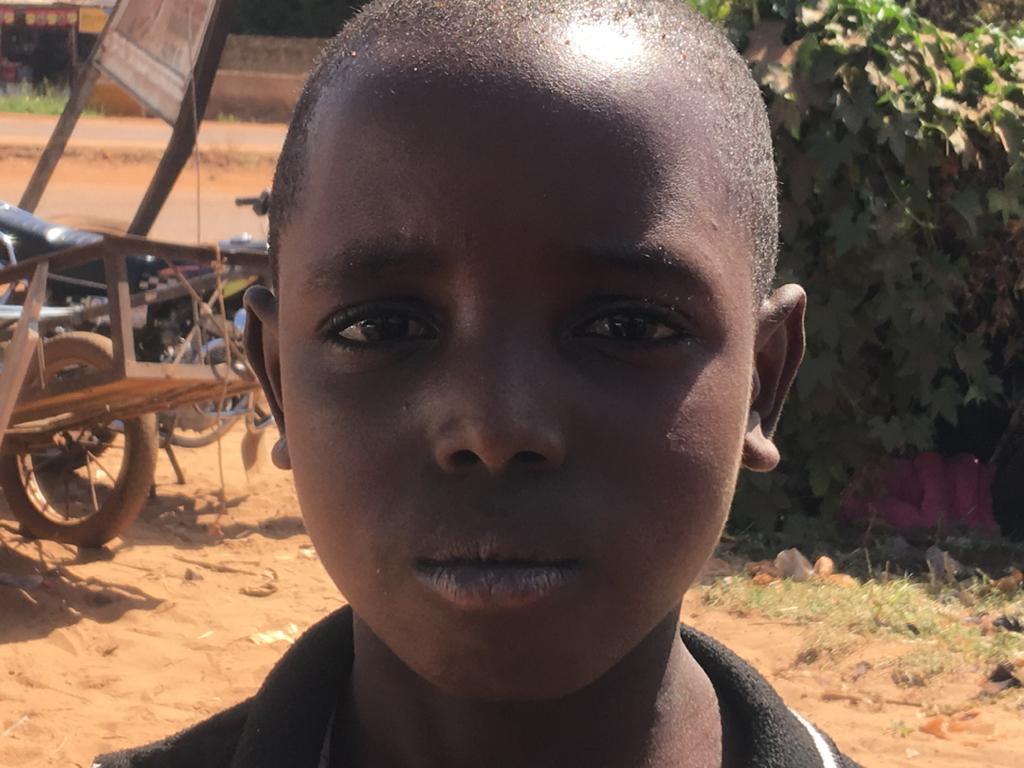
On a few occasions, like in the hot afternoon he met TheCable reporter, Maccido attends school but only for a few hours. Before 12noon, he is already back in the streets, with a bowl of sachet water sitting on his head.
He said he left before the close of school on the directive of his mother who asked him to return to selling satchet water so he could have enough earnings before the day is far spent, at least to make up for the little time he has “wasted” in the classroom.
“I went (to school) today but left (earlier) to sell (water),” he told TheCable in an encounter during a recent visit, while he struggled to get the attention of a prospective buyer.
Advertisement
Asked if he was in school the previous day, he replied in the negative, saying he goes “once in a while”.
Unlike Maccido, a number of other children including Yazir, who is only nine years old, has never been to school, even though he hopes to someday.
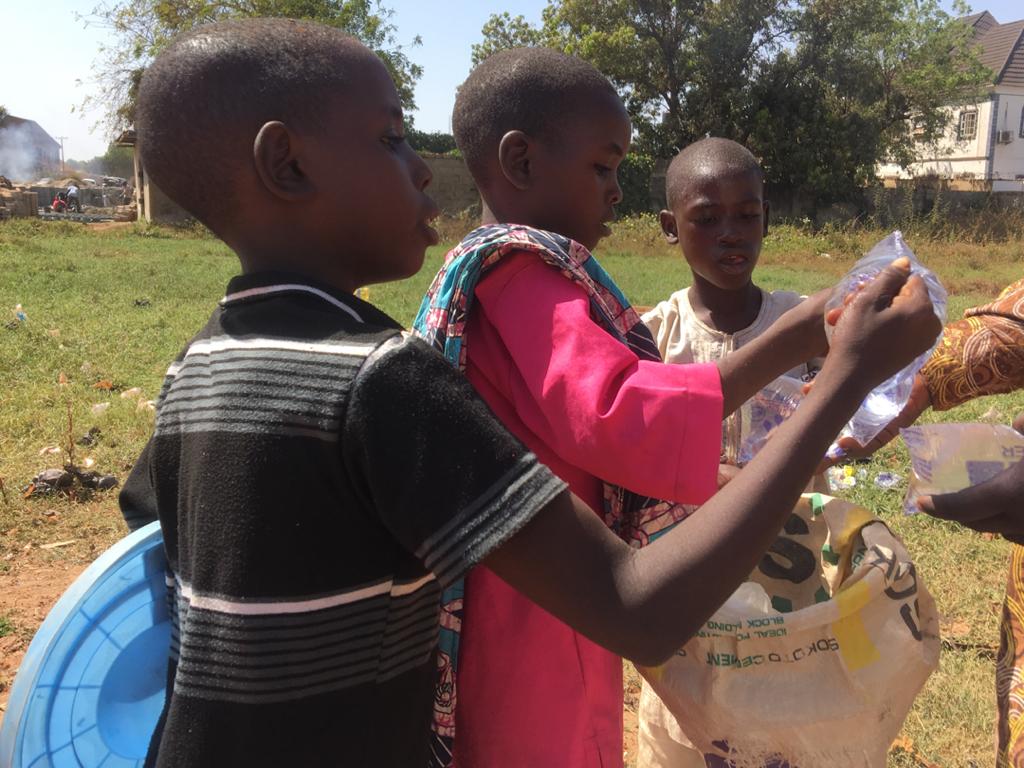
He also sells sachet water and, according to his estimates, takes up to N200 home on the few days he is lucky.
Asked if he dreams of going to school, even if for ‘part time’ studies like the type Maccido is undergoing, he replied in the affirmative, adding that, “I would like to go (to school) so I can help my parents”.
Advertisement
Most of the kids who were seen during school hours involved in one form of labour or another — mostly hawking — in the streets of Sokoto, told TheCable they were sent by their parents. And for the few who were not, either of their parents or a guardian was aware of their activities.
For children like Maccido and Yazir, it is usually the quest for extra earnings that make their families send them to the streets. Although none of them agreed to lead TheCable reporter to his parents, residents who are familiar with the children confirmed that their parents use the children as a means to make up for income gap.
A resident who gave his name as Babatunde Kabir told TheCable that he knew of a mother that prefers to stay at home while she sends her two children to earn money from whatever means.
He said such an attitude is worsened by the perceived culture of the people that largely restricts the women from being involved in certain kind of jobs.
Advertisement
“The mothers usually don’t do anything because their culture does not permit them,” Kabir said.
“The men don’t allow their wives to be going out for work. So the mothers can be the issue, and they are now exploiting their children to achieve their trading aim. For them, they don’t have that access to trade. Their husbands don’t allow them to go outside.
Advertisement
“Their belief is that men should always go out to cater for what the housewives will use. So it is better for them to use the children. But, in return, in order to complement their husbands, they also send the children, thereby depriving them of education.”
CHILD LABOUR THRIVING UNDER THE NOSE OF GOVERNMENT OFFICIALS
Advertisement
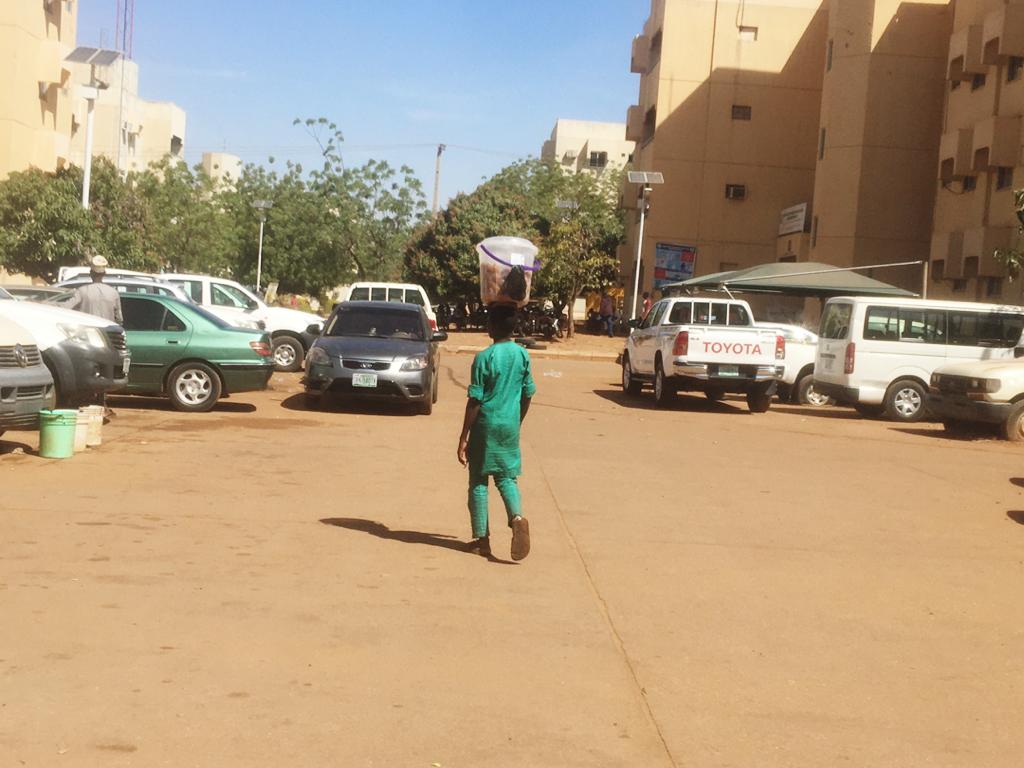
Most cases of children getting involved in jobs that are mentally, physically, socially or morally dangerous and harmful to them across Nigeria are usually as a result of their parents’ failure, but what becomes their fate when they are pushed into these forms of work, directly or indirectly, by government officials that are meant to work to end such a menace.
At the Sokoto state secretariat, virtually all the structures housing government offices have children scattered around them involved in one form of labour or another.
Advertisement
At the State Ministry of Basic and Secondary Education of Education Complex, at least three children were seen washing cars belonging to government officials, while as many as six were seen hawking wares on the premises on the two occasions TheCable visited.
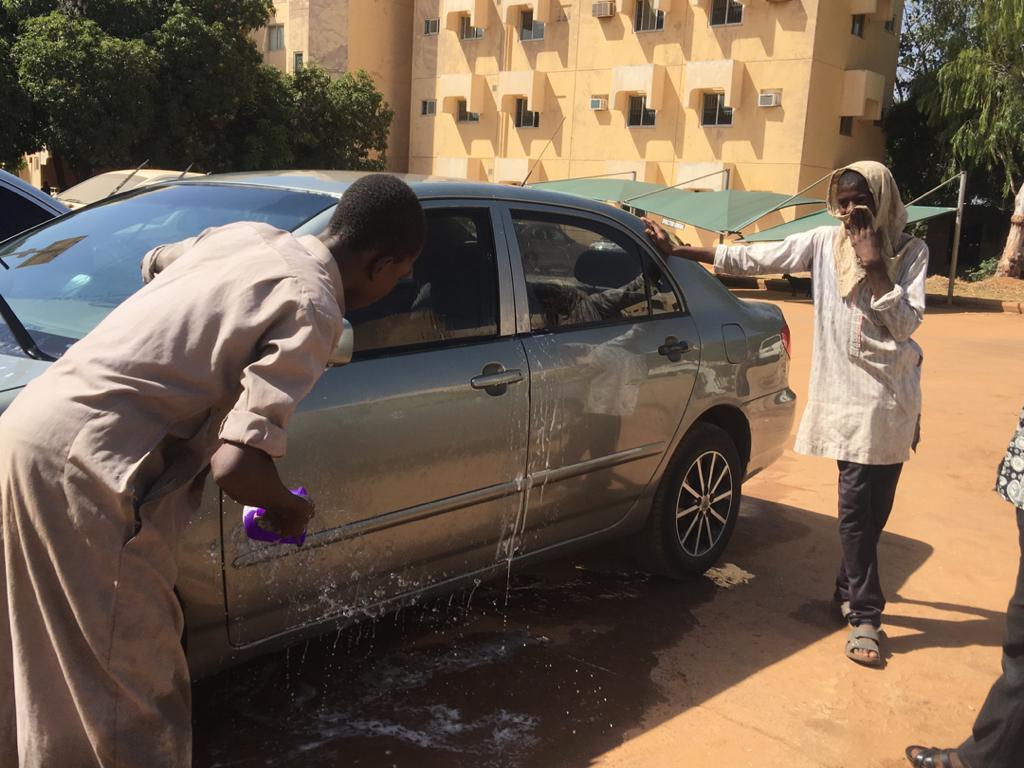
One of the kids who gave his name as Bello Dakingeri said he makes around N500 daily from washing the cars, at the cost of N100 for each car, like the Toyota Corolla he was rinsing when TheCable reporter met him.
The Kebbi state indigene said he moved to Sokoto alongside his parents, but prefers to do odd jobs to sustain himself.
“My parents are not aware I am washing cars. I don’t go to school, but I go to Islamia school sometimes. It is from there that I leave to come here,” he said of his tale of surviving in the seat of the Caliphate.
Dakingeri was seen with two other friends, who also wash cars for a living. To be frank, they seemed unbothered and satisfied they are able to earn a living — at 15, and more so, doing it for the “rich” in government circles.
But what about doing so at the cost of their education?
Abubakar Gwuiwa, the state commissioner for basic and secondary education, was not available on the two occasions TheCable visited his office. He declined to comment on the issue when contacted on the phone, and asked the reporter to return on a later date.
Nura Bello, the ministry PRO, also told TheCable he cannot speak on the matter unless on the directive of the commissioner.
“Address it officially because this place… I am the PRO but the commissioner is the one to give authorisation. Just write the request,” he said when asked to speak on government efforts to address child labour in the state.
When asked about the children selling items on the ministry’s premises, he interjected: “I will not tell you anything until the commissioner permits me. I will not tell you anything. Gaskiya, I will not give you (information).”
POVERTY, URBANISATION DRIVING CHILD LABOUR
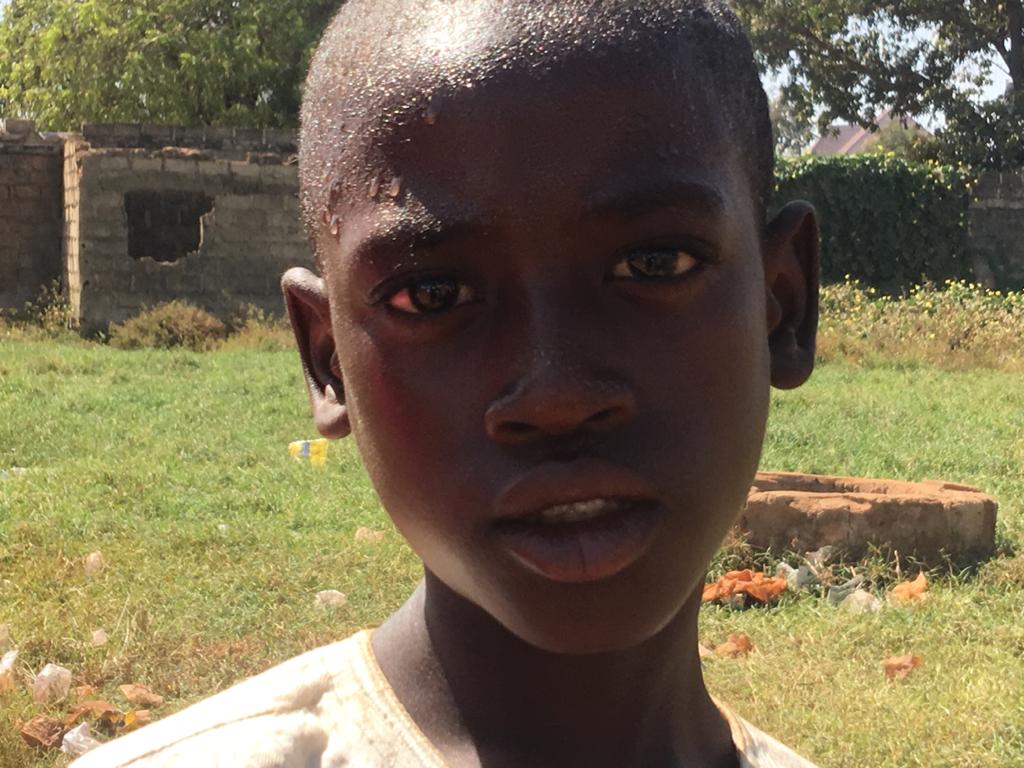
According to a United Nation’s Children Emergency Fund (UNICEF) survey conducted in 2016/17, 51 percent of Nigerian children are involved in child labour — with the rate in Sokoto at 46 percent.
Another UNICEF report noted the leading causes of child labour in Nigeria as poverty and urbanisation as is in the case of most of the Sokoto children who either moved to the state capital from rural areas and neighbouring states or who are struggling to make up for the income gap in their families.
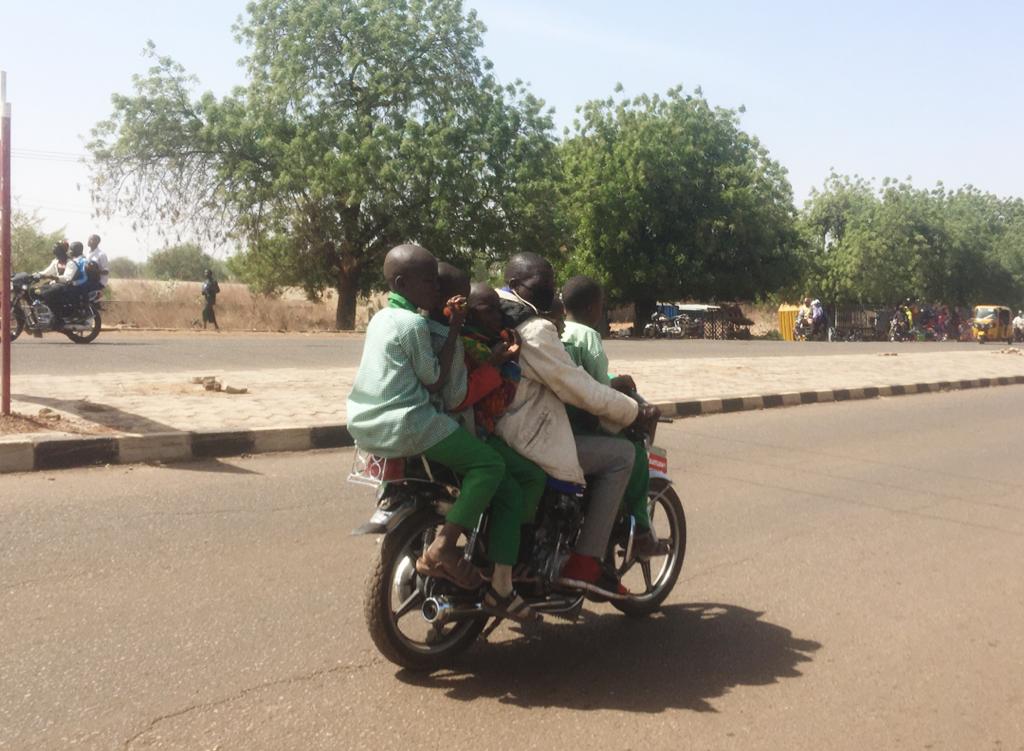
It listed some of the major causes of child labour as widespread poverty, rapid urbanisation, breakdown in extended family affiliations, high school drop out rates, and lack of enforcement of legal instruments meant to protect children, such as the child rights act which Sokoto is yet to domesticate and enforce in the state.
The report added: “Traditionally, children have worked with their families, but today children are forced to work for their own and their family’s survival. The money earned by child family members has become a significant part of poor families’ income.
“These children who work suffer from fatigue, irregular attendance at school, lack of comprehension and motivation, improper socialisation, exposure to risk of sexual abuse, high likelihood of being involved in crime.”
CHILD RIGHTS ACT TO THE RESCUE
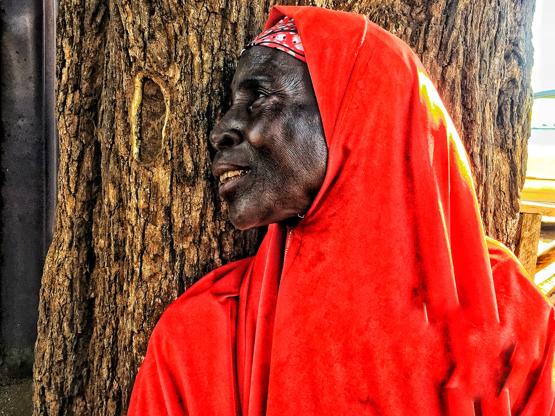
Although most states in Nigeria have existing laws and policies like the compulsory and free basic education for children including Sokoto, most of the pieces of legislation have been found to be insufficient in providing for an all-round welfare for children, something the child rights act seeks to achieve.
The child rights act, which Nigeria adopted from the UN Convention on the Rights of the Child in 2003, seeks to among other things prohibit early child marriage as well as any form of forced or exploitative hard labour involving children including begging and hawking.
While Sokoto is one of the 11 states yet to domesticate the act, according to a document obtained from YouthHubAfrica, Hajiua Kulu Sifawa, the state commissioner for women and children affairs, told TheCable efforts are in top gear to adopt the piece of legislation in the state.
“(The domestication is) almost at the completion stage, we have consulted all the stakeholders and the process is on,” she told TheCable.
“We are progressing. We have involved all the stakeholders, our traditional rulers, Ulamas, religious leaders and all stakeholders. Child protection committee has also been set up. So, the implementation will not be a problem.”
Yusuf Ladan, the Sokoto focal person of YouthHubAfrica, an organisation that has been championing the domestication of the act across Nigeria, said expressed optimism that the act will be in full force in the state.
According to him, “the state government is serious about the domestication of the act. This is because Plan International and UNICEF also have interest in the legislation, and it is part of the agreements in the Spotlight Initiative through which funds are provided for welfare of children and women and prevent violence against them. So there is external pressure on them.”
Hopefully, when the act is domesticated, the likes of Yazir and numerous other children in Sokoto would be able to return to school and not forfeit their education for as little as N200 — or far less in worse circumstances.
Add a comment


